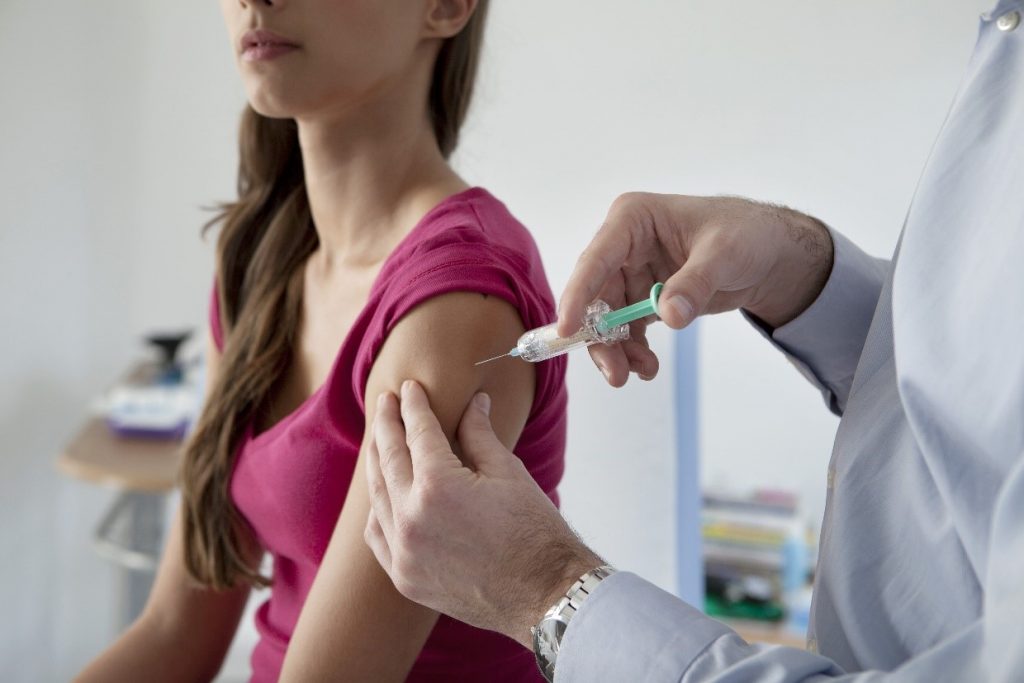Cancer Council NSW announces new life-changing research
Cancer Council NSW has revealed Australia is on track to becoming the first country to eliminate cervical cancer by 2035.
New research has given hope to women across the country who will no longer have to worry about cervical cancer in 20 years. Here’s what you need to know.
Research
Research from Cancer Council NSW has shown rates of diagnosis will drop if vaccination and screening coverage levels are maintained.
It’s predicted cervical cancer rates will drop to less than six in 100,000 by 2022 – meaning it will then be considered a rare cancer.
Rates will continue to drop to less than four in 100,000 by 2035. A cancer is considered eliminated by the World Health Organisation if incidences are below four in 100,000.
Director of Research at Cancer Council NSW, Professor Karen Canfell said WHO recently called for action to increase global vaccination rates and cervical screening efforts, in a bid to reduce mortality rates.
“We’ve been leading the way in cervical cancer control for many years and we’ll be sharing our research and approaches with the rest of the world as part of a global push to eliminate this highly preventable cancer,” Professor Canfell said.
Where are we now?
In 2017, Australia replaced the two-yearly Pap smear test for ages 18-69 years to a new five-yearly HPV cervical screening test for women aged 25-74.
The new test looks for HPV, a virus which causes almost all cases of cervical cancer and is expected to lower cervical cancer cases across the nation by approximately 20 per cent.
Professor Canfell has stressed women continue to take part in the National Cervical Screening Program and both girls and boys are vaccinated against HPV.
The new National Cervical Screening Program encourages women to have their first screening at 25 years and every five years after.
“Those who have previously had the Pap smear test should have their next cervical screening test two years after their last Pap test, after which point they can move to five-yearly screening,” Professor Canfell said.





